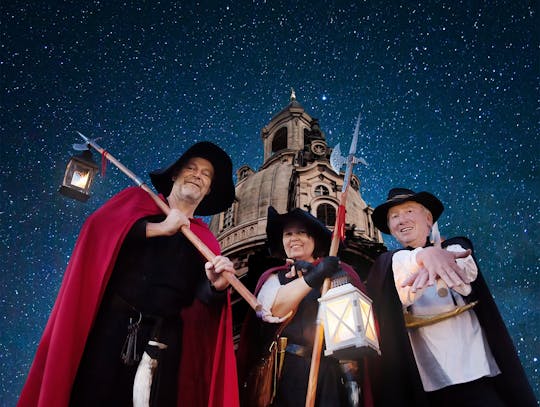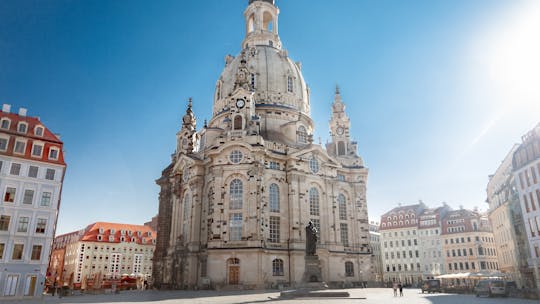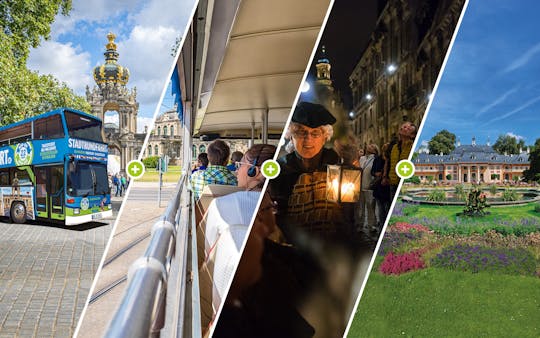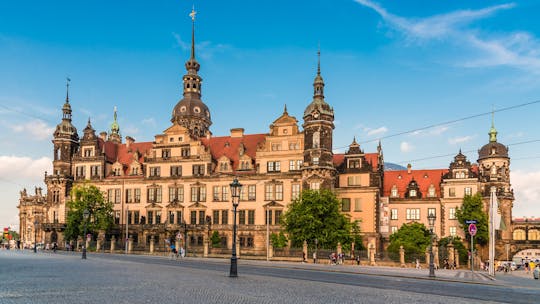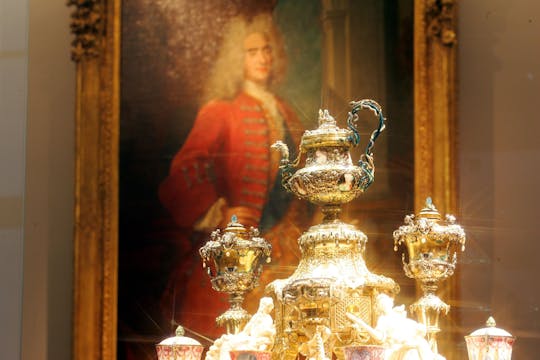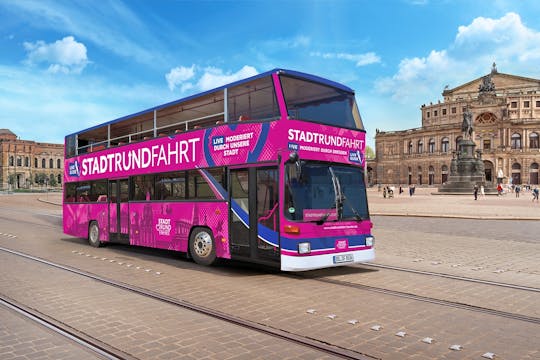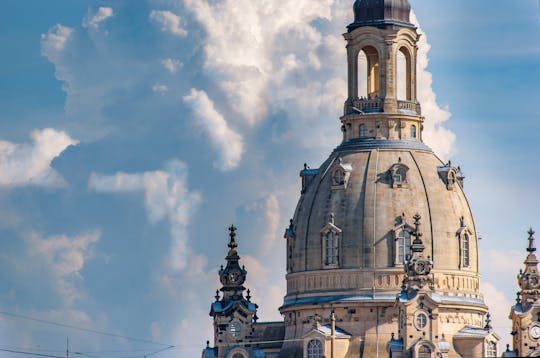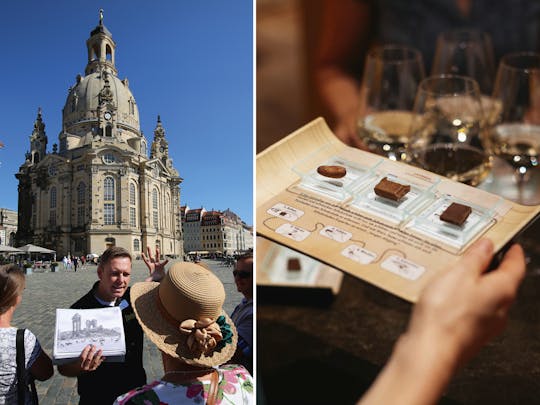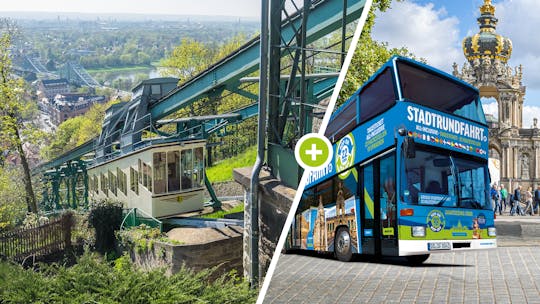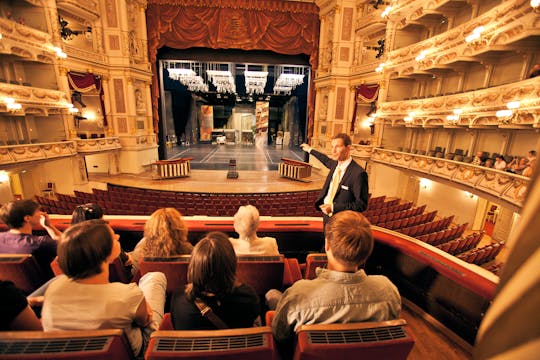Leipzig lag an der Kreuzung zweier Handelsstraßen und erlangte dank seiner Messeprivilegien schnell eine Vormachtstellung gegenüber benachbarten Städten wie Merseburg und Halle. Die wohlhabenden Bürger verwandelten die Stadt an der Weißen Elster in eine Drehscheibe für Verlagswesen und Musik.
Während der industriellen Revolution erlangte Leipzig weltweite Anerkennung als Handelszentrum. Obwohl Leipzig zwei Weltkriege und schwierige Zeiten unter der Deutschen Demokratischen Republik durchlebte, gelang es der Stadt, etwas von ihrem früheren Glanz zurückzugewinnen. In der Stadt haben sich florierende Unternehmen niedergelassen, die heute über eine gut ausgebaute Infrastruktur verfügen. Ehemals schmutzige Tagebaue wurden in Freizeitgebiete umgewandelt, während die Kulturszene eine Renaissance erlebt. Die Bürgergesellschaft ist nach wie vor so aktiv wie während der friedlichen Revolution und trägt dazu bei, dass Leipzig zu den am schnellsten wachsenden Städten Deutschlands gehört.
Machen Sie einen gemütlichen Spaziergang durch die kompakte Innenstadt, wo Sie beeindruckende Messegebäude und Kaffeehäuser, die Universität, die St.-Nikolaus-Kirche sowie verschiedene Kunst- und Kultureinrichtungen entdecken. Wagen Sie sich weiter hinaus und erleben Sie die Umwandlung ehemaliger Braunkohletagebaue in eine malerische Seenlandschaft.


